 Our Teacher's
Our Teacher's
Featured Instructor
Our Teacher's




Tom Themeles
Instructor of Data Science | AI & Machine Learning | Cybersecurity | AI Ethics
I’m here to help you turn data into decisions, and ideas into impact. At DataWiz, we learn by doing—and we build skills that last.
With over 15 years of experience in education, tech consulting, and innovation, Instructor Tom brings a future-focused, hands-on approach to the classroom. This term, he’ll be teaching: ⦁ Leadership and Communication ⦁ Project Management ⦁ Data Analytics with Excel ⦁ Exploration, Preparation, and Modelling ⦁ Data Visualization ⦁ Data Engineering (ETL)
With over 15 years of experience in education, tech consulting, and innovation, Instructor Tom brings a future-focused, hands-on approach to the classroom. This term, he’ll be teaching: ⦁ Leadership and Communication ⦁ Project Management ⦁ Data Analytics with Excel ⦁ Exploration, Preparation, and Modelling ⦁ Data Visualization ⦁ Data Engineering (ETL)

Gopi
Instructor of Data Science | Machine Learning | AI | Big Data
I believe in teaching that connects directly to the real world—where data becomes decisions, and skills turn into careers.
With years of professional experience in the data science field, Gopi brings a practical, career-ready approach to every class. At DataWiz College, Gopi focuses on blending industry expertise with hands-on learning to make sure students graduate with both knowledge and confidence. This term, Gopi will be teaching: ⦁ Big Data ⦁ AI & Machine Learning ⦁ Python for Data Science ⦁ Data Analytics & Visualization
With years of professional experience in the data science field, Gopi brings a practical, career-ready approach to every class. At DataWiz College, Gopi focuses on blending industry expertise with hands-on learning to make sure students graduate with both knowledge and confidence. This term, Gopi will be teaching: ⦁ Big Data ⦁ AI & Machine Learning ⦁ Python for Data Science ⦁ Data Analytics & Visualization

Stephanie Hosang
Instructor of Data Science | AI & Machine Learning | Cybersecurity & Data Protection | AI Ethics

Stephanie Hosang
Instructor of Data Science | AI & Machine Learning | Cybersecurity & Data Protection | AI Ethics
I focus on helping students not only understand data concepts but also apply them to real-world challenges. Learning with me is hands-on, practical, and future-focused.
With a Bachelor of Mathematics and a Master of Management Analytics, Stephanie brings both technical depth and business acumen to the classroom. She spent 7 years in the banking industry working on risk analytics and 3 years in e-commerce developing analytics, recommendations, and data science solutions. Her areas of expertise include: ⦁ Statistics & Advanced Analytics ⦁ Machine Learning & Agentic AI ⦁ Python & Data Analytics ⦁ Cybersecurity & Data Protection ⦁ AI Ethics and Society At DataWiz College, Stephanie’s teaching emphasizes curiosity, critical thinking, and practical skills that prepare students for the realities of today’s digital economy.
With a Bachelor of Mathematics and a Master of Management Analytics, Stephanie brings both technical depth and business acumen to the classroom. She spent 7 years in the banking industry working on risk analytics and 3 years in e-commerce developing analytics, recommendations, and data science solutions. Her areas of expertise include: ⦁ Statistics & Advanced Analytics ⦁ Machine Learning & Agentic AI ⦁ Python & Data Analytics ⦁ Cybersecurity & Data Protection ⦁ AI Ethics and Society At DataWiz College, Stephanie’s teaching emphasizes curiosity, critical thinking, and practical skills that prepare students for the realities of today’s digital economy.








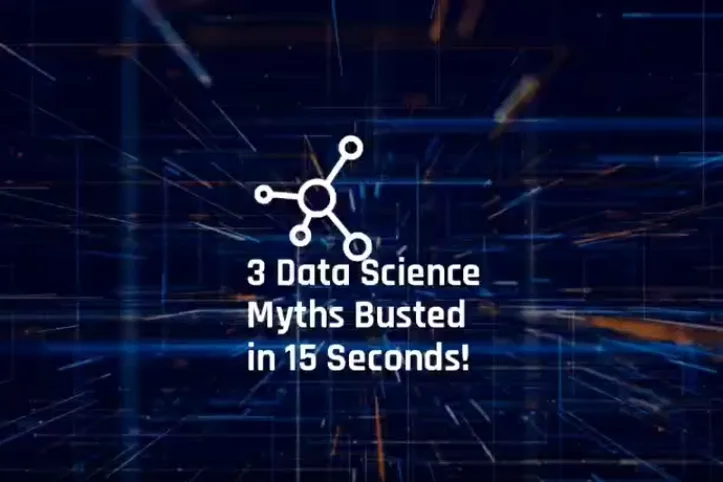









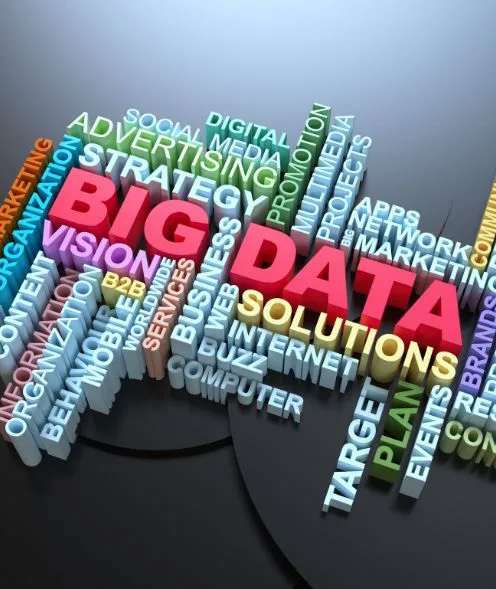
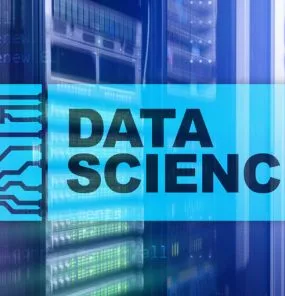











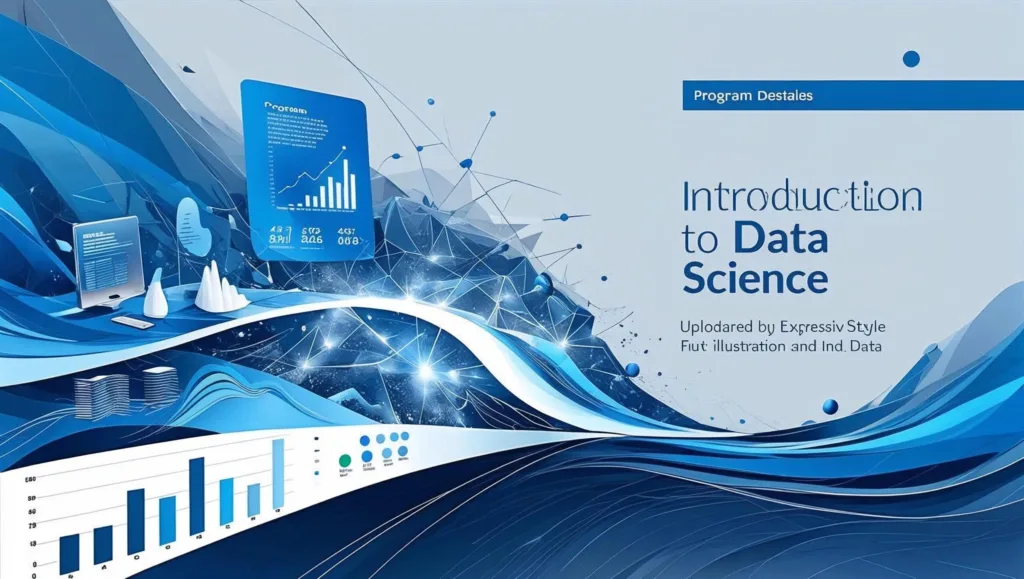
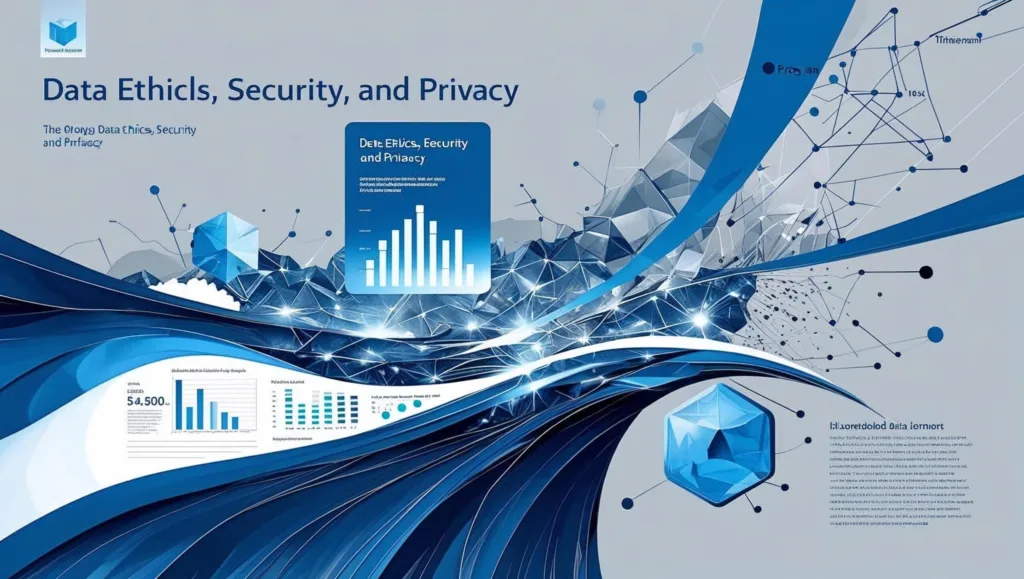
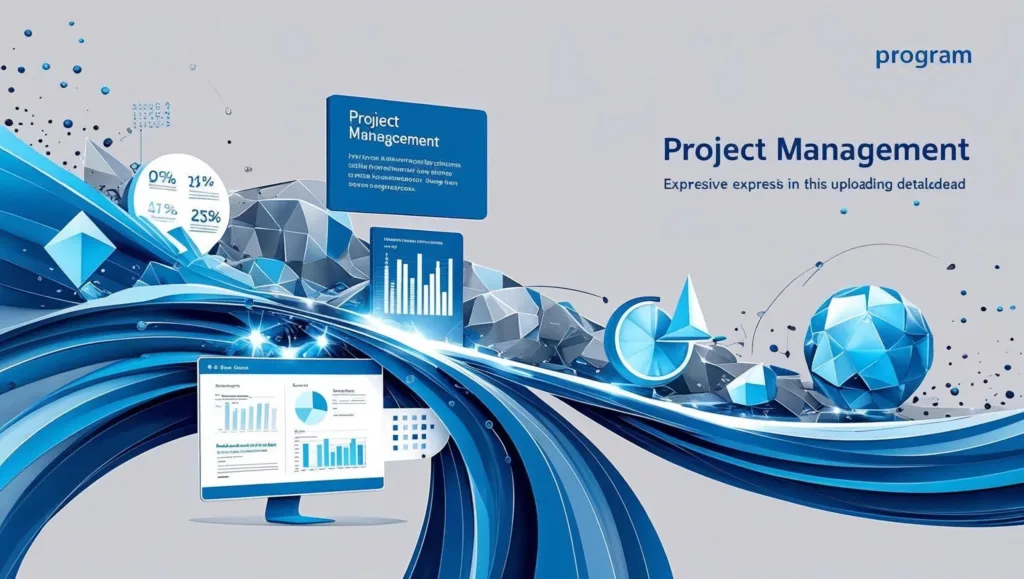
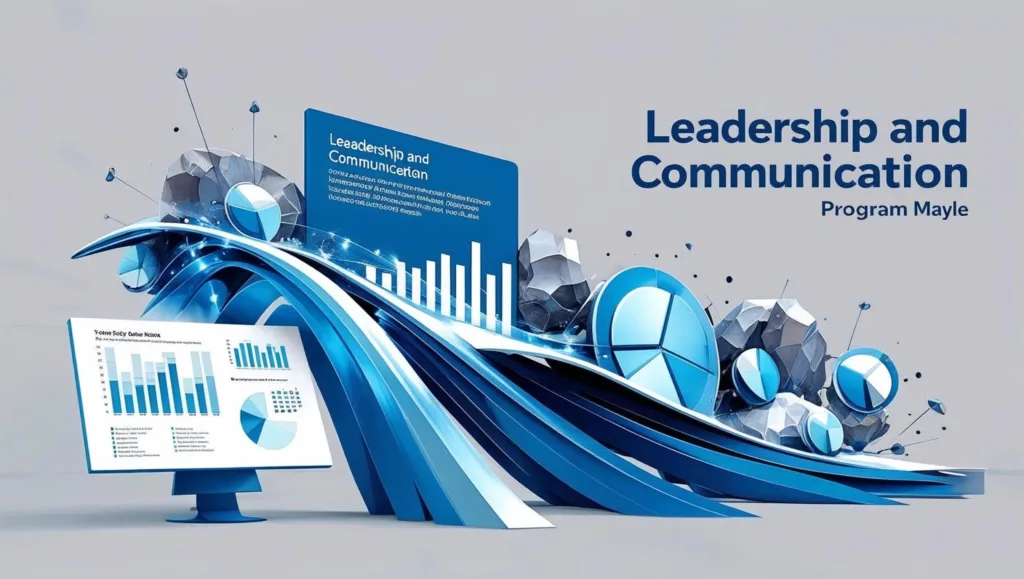
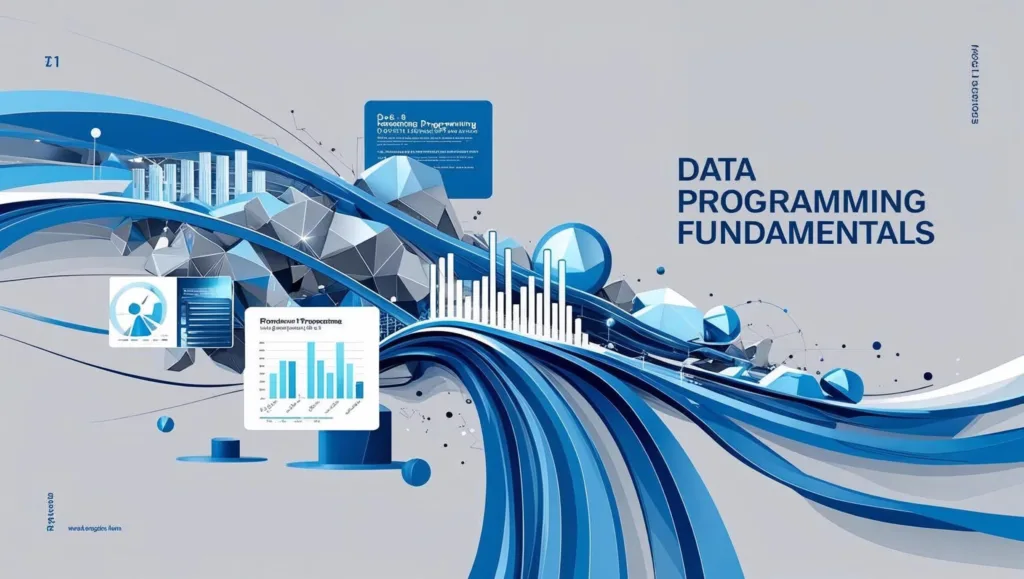
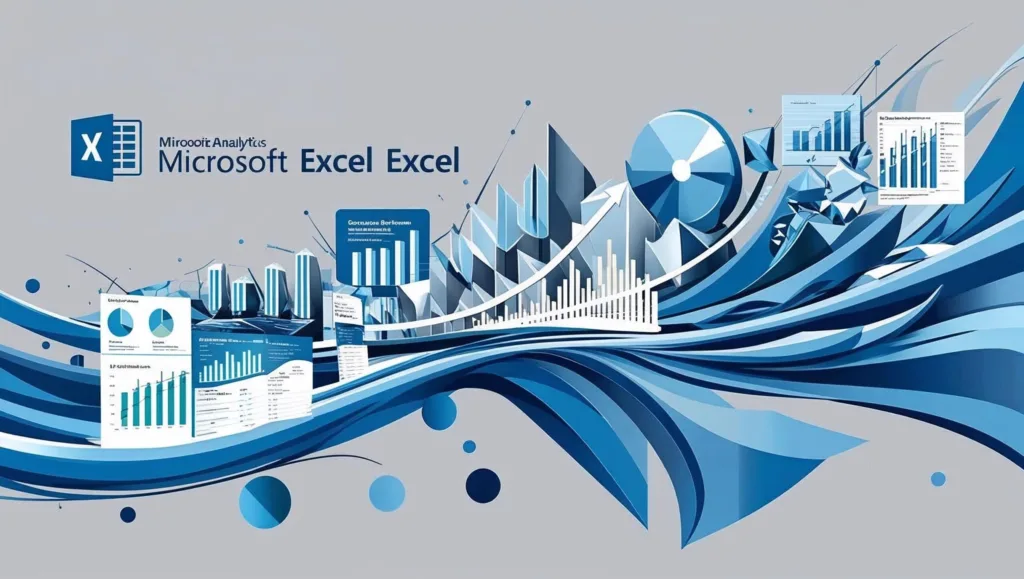
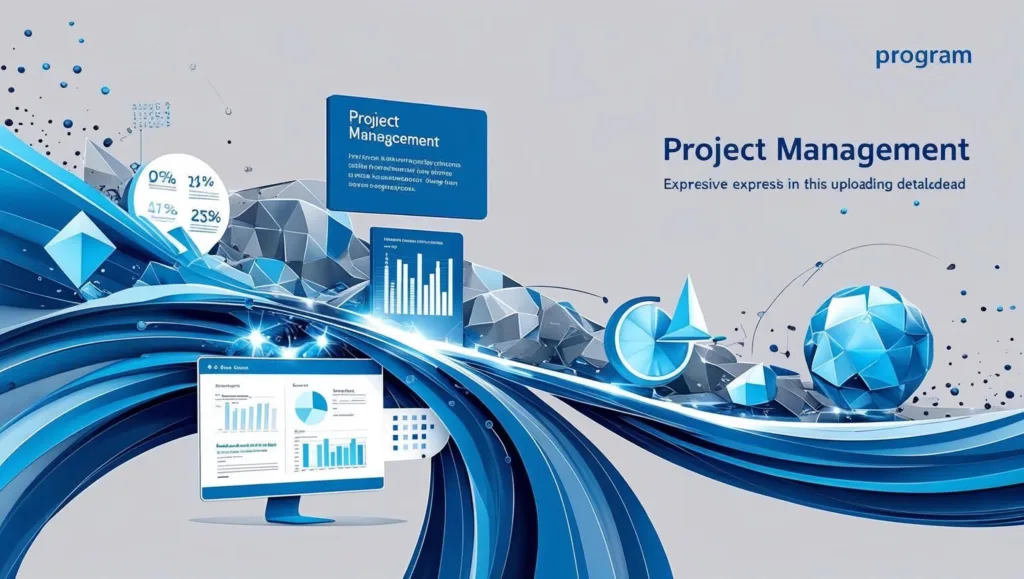
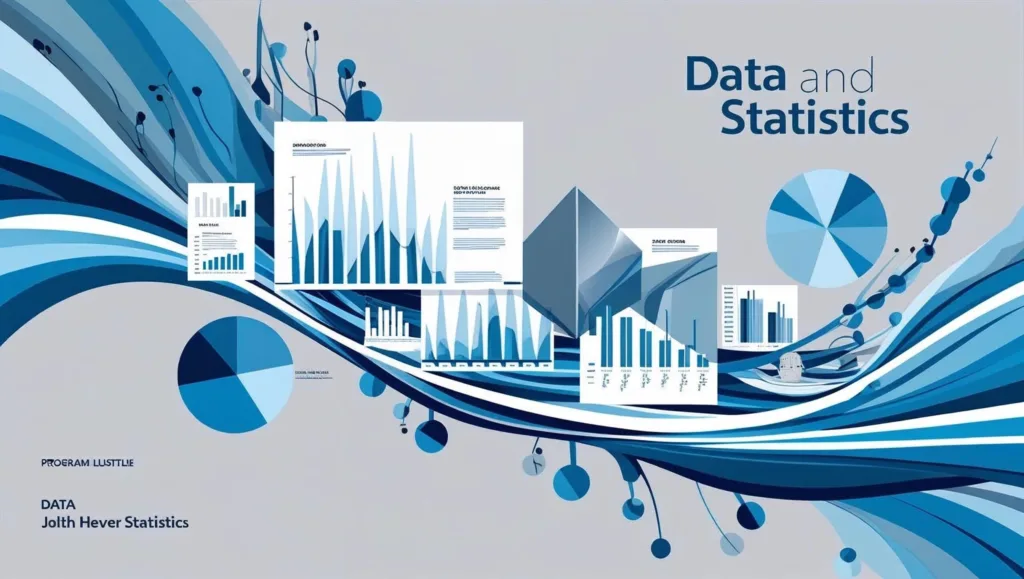
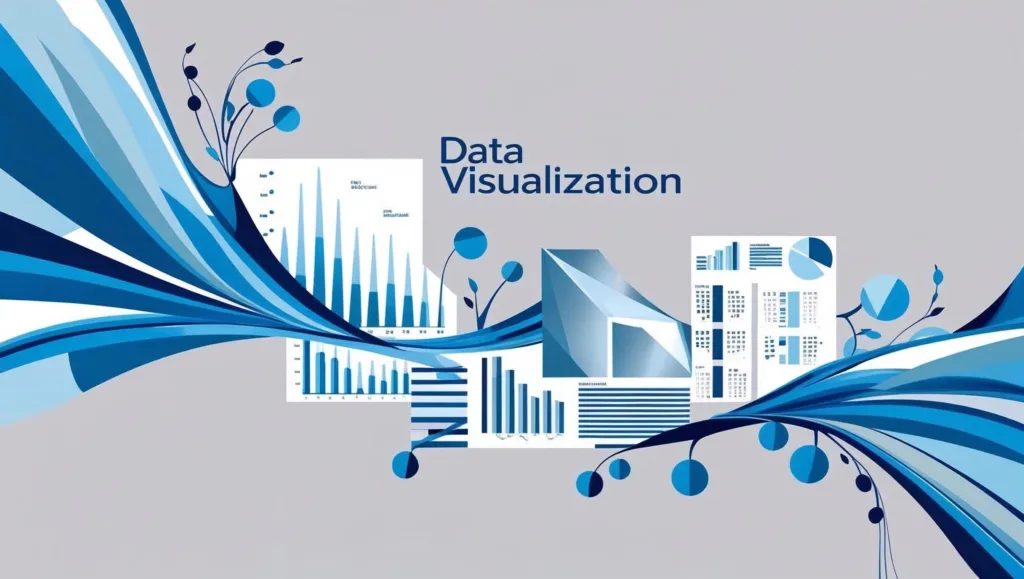
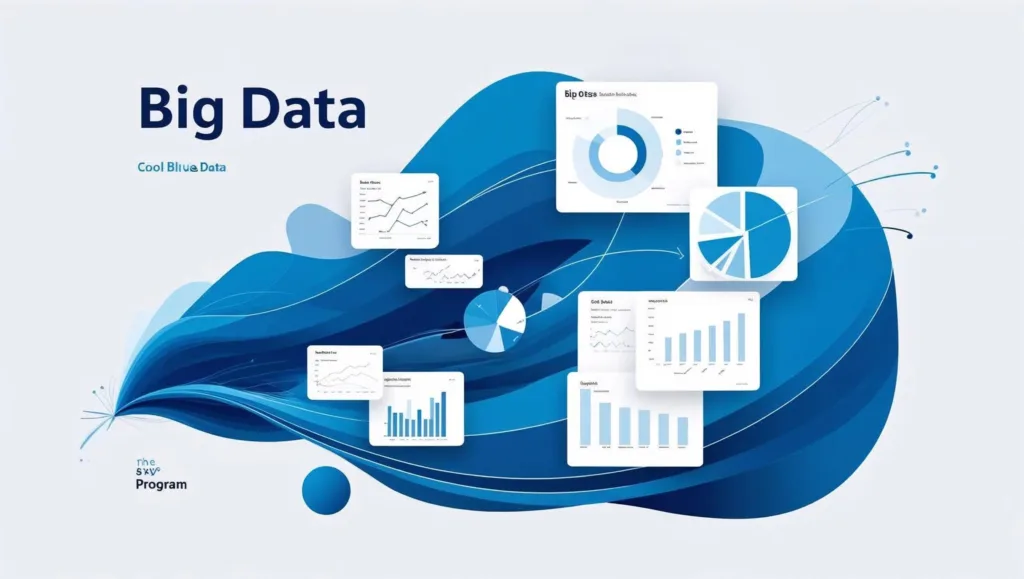
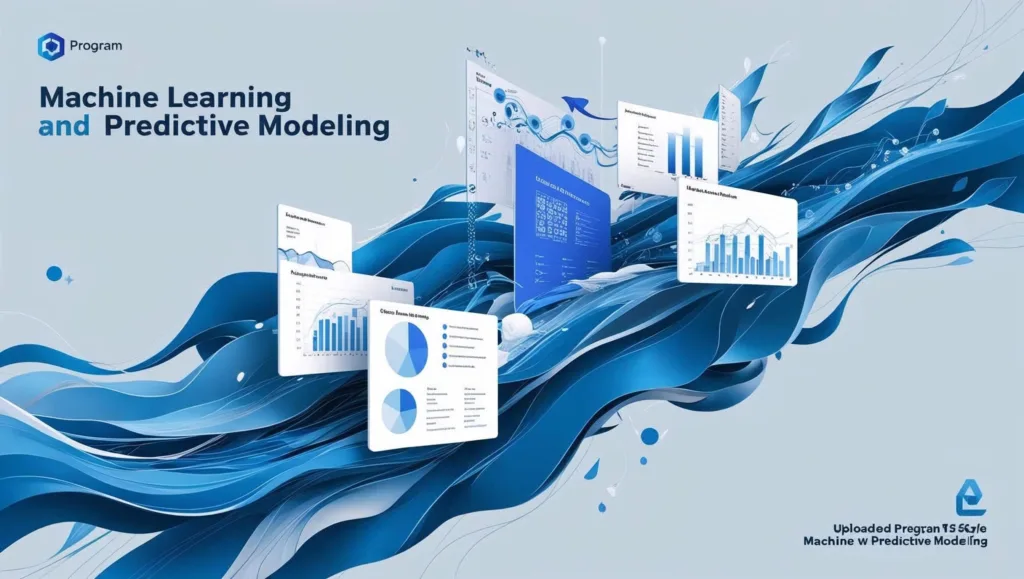
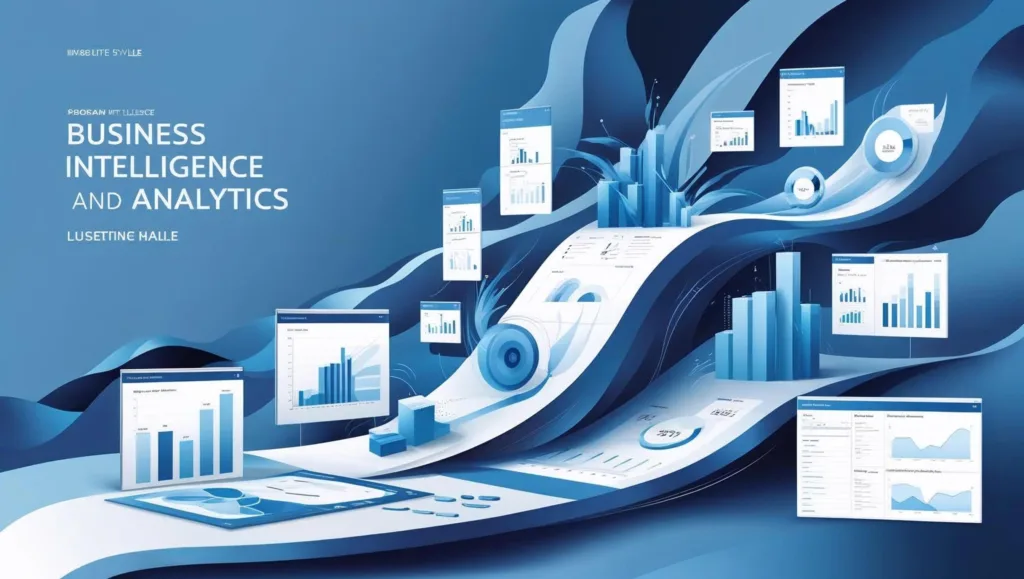
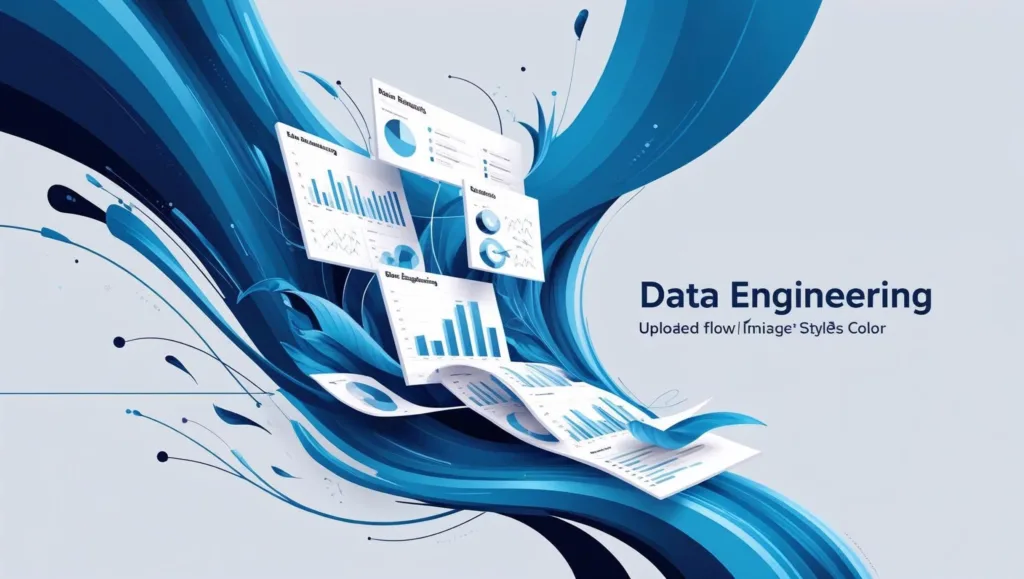
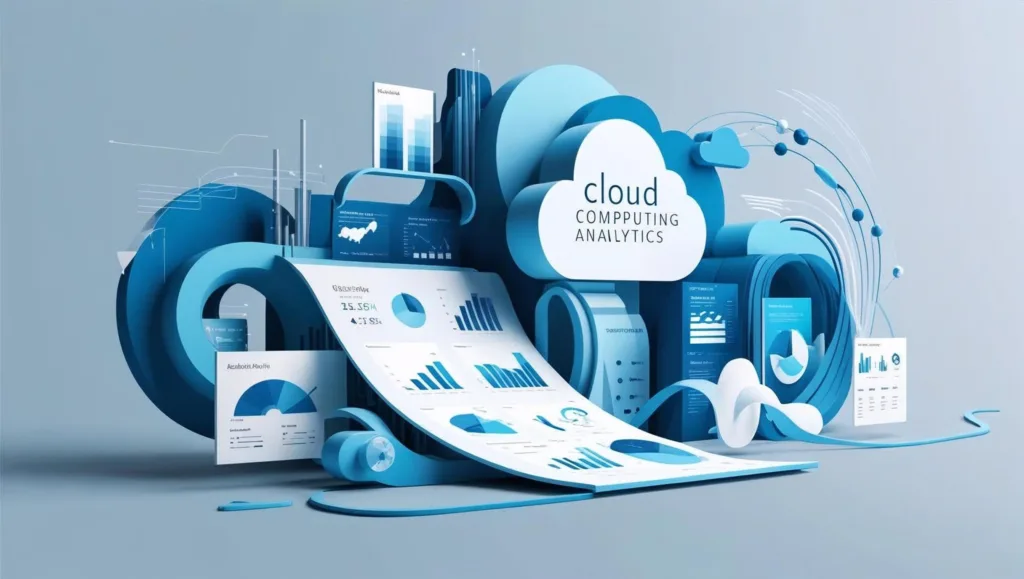
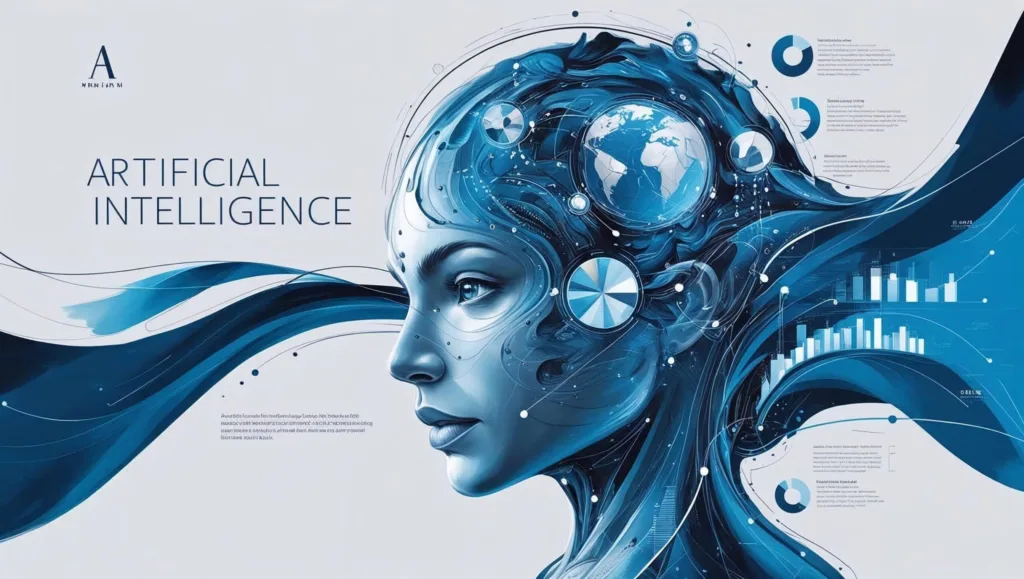
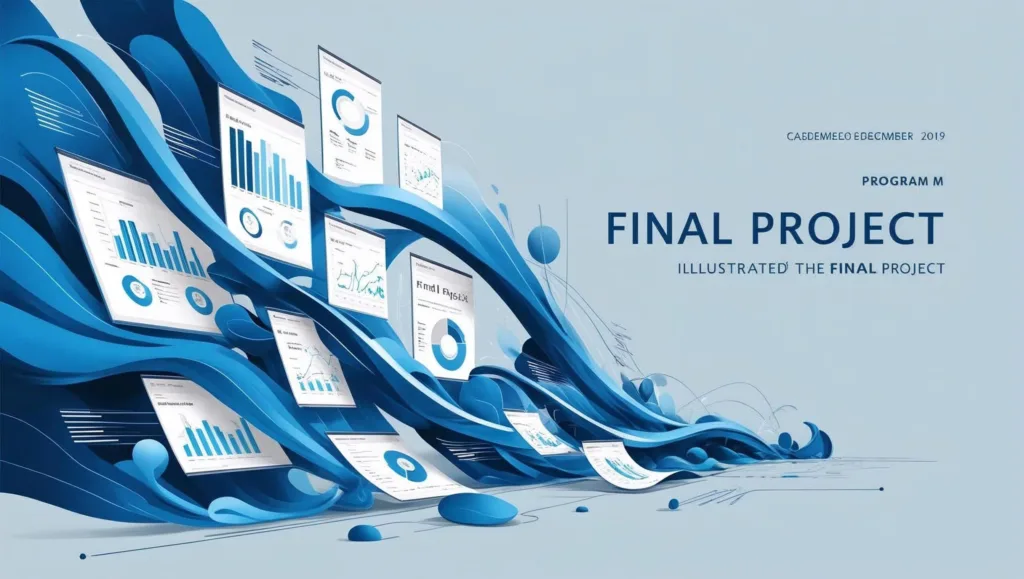



 video course
video course 









